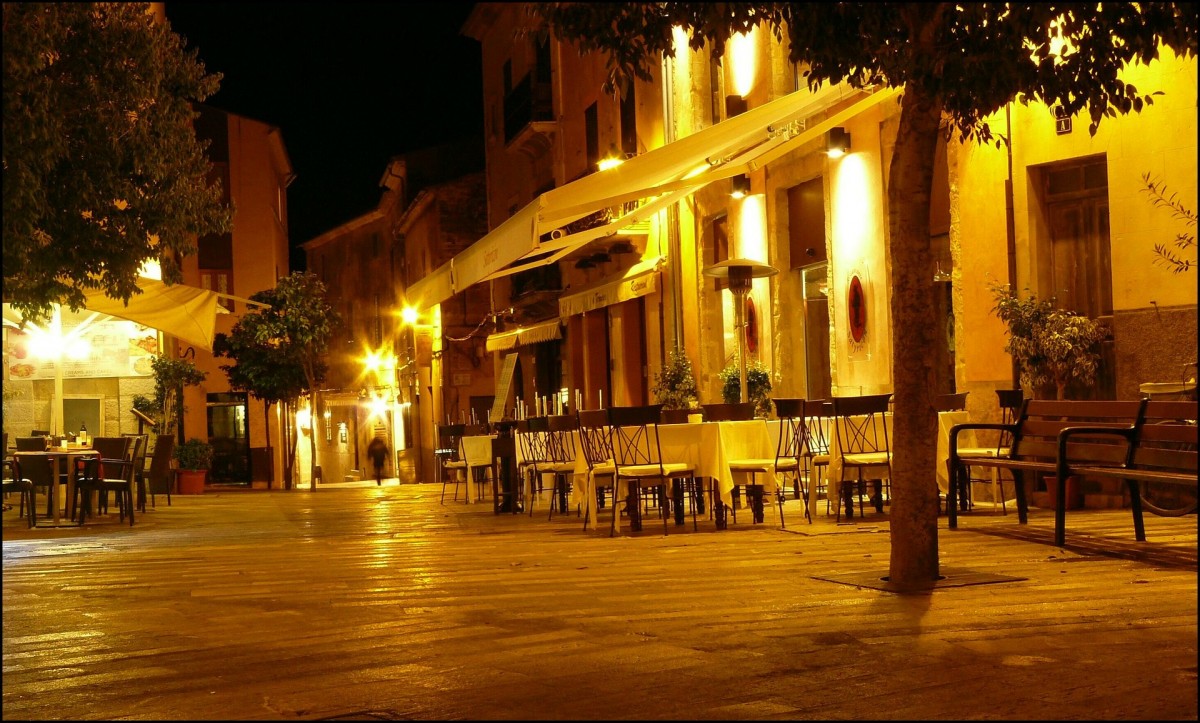The Spanish government on Sunday agreed to declare a new state of emergency, which would allow a curfew to be imposed across the country as it continues to battle a resurgence of coronavirus cases.
An extraordinary meeting of the Council of Ministers was held in Madrid on Sunday morning “in order to examine the terms of a new royal decree on a state of alert,” a communiqué released by Prime Minister Pedro Sachez’s office said on Saturday evening.
It added that “the proposal has been welcomed by the majority” of Spain’s regional governments, “which have requested it”.
In a meeting that lasted two hours, the cabinet agreed to an initial 15-day state of alarm. Local media reports claim the government intends to extend the measure until April.
Regions across Spain will now be subject to a curfew at night from 11 pm until 6 am CET.
On Saturday evening, administrations in at least nine regions had asked the central government in Madrid to declare a state of emergency or voiced their support for the move.
This will be the second state of emergency declared this year in Spain after one in March to contain the first wave of the coronavirus lasted until June. This is just the fourth time a state of emergency has been declared since Spain’s transition to democracy in the 1970s.
Sanchez prepared the groundwork on Friday in a speech in which he warned the country that “the situation (was) serious,” that “the coming weeks and months… [would] be hard, very hard” and that he was “ready to adopt all necessary measures” to curb the pandemic.
Two days earlier, Spain became the first European Union country and the sixth in the world to exceed one million cases of COVID-19, with Sanchez admitting on Friday that the real number of people infected with the coronavirus in Spain was estimated to be over three million.
Spain has so far recorded nearly 35,000 deaths since the start of the pandemic.
In the hours following Sanchez’s speech, several regional presidents immediately called on him to declare the state of health emergency so that a curfew could be imposed to limit travel and night-time gatherings.
The regions ran the risk of having their measures annulled by the courts because they infringe on freedoms – this is particularly the case in the Basque Country.
In Spain, public health is the prerogative of each regions.
The state of emergency was therefore required to provide the legal framework to remove the anti-COVID measures taken by regional governments from the control of the courts.
Sanchez decided to act after he was assured that he would have sufficient support to obtain the renewal of this state of health emergency when it expires after 15 days.
The PM is leading a minority left-wing coalition government, but Basque and Catalan nationalists and even a small centre-right party, Ciudadanos, which is part of the conservative opposition, are insisting on a state of emergency, guaranteeing him the necessary votes when the time comes.
The government has tried unsuccessfully to convince the main right-wing opposition party, the Popular Party (PP), to support this measure.
The PP has fiercely opposed the government’s declaration of a state of emergency in Madrid earlier this month. The move, which affected 4.8 million in the capital region, was contested in the courts, which sided with the Madrid government.
euronews.com
pixabay


















